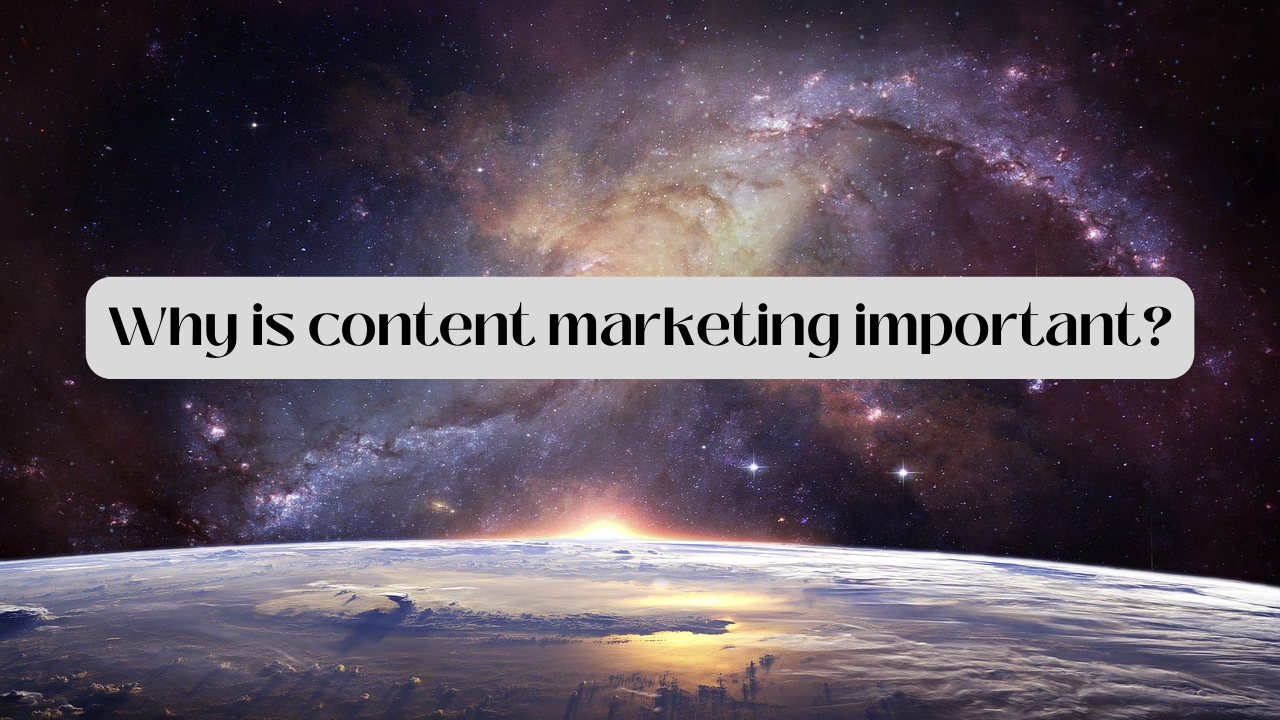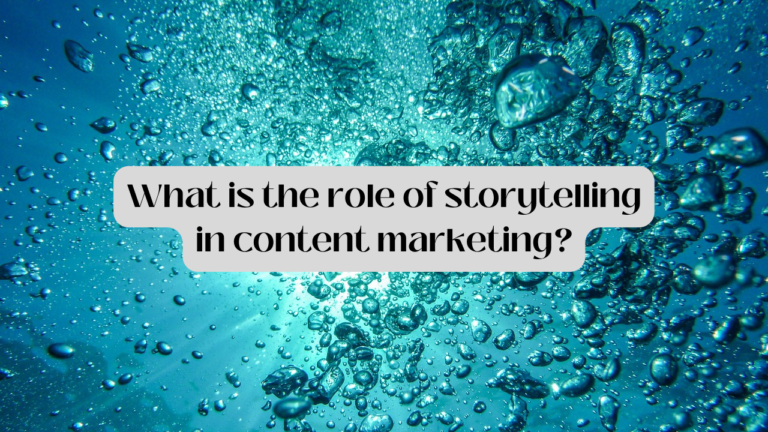Why Is Content Marketing Important?
In today’s rapidly evolving digital landscape, businesses are increasingly recognizing the profound impact of content marketing on their success. Content marketing has become more than just a buzzword; it’s a strategic approach that has reshaped the way brands connect with their audiences, build trust, and ultimately drive conversions. This article delves into the depths of why content marketing holds such paramount importance for researchers seeking to understand the modern marketing landscape.
Hooking the Audience: The Essence of Content Marketing
Picture this: you’re scrolling through your social media feed and you stumble upon a captivating article that piques your interest. Without realizing it, you’re engaging with content marketing. This strategy revolves around creating and distributing valuable, relevant, and consistent content to attract and retain a clearly defined target audience. It’s not about the hard sell; rather, it’s about establishing a meaningful relationship with your audience by providing them with information they genuinely care about.
Content marketing encompasses various forms such as blog posts, infographics, videos, podcasts, ebooks, and more. Its power lies in its ability to educate, entertain, and engage while subtly aligning with a brand’s objectives.
Frequently Asked Questions About Content Marketing
1. Why is content marketing important for researchers?
Content marketing is of immense importance to researchers for several reasons:
- Knowledge Dissemination: Researchers can share their findings, insights, and expertise through various content formats, reaching a broader audience beyond the confines of academic journals.
- Establishing Authority: Consistently creating valuable content establishes researchers as thought leaders in their respective fields, boosting their credibility and authority.
- Engagement and Collaboration: Engaging content can foster collaborations, discussions, and interactions among fellow researchers, academics, and industry professionals.
2. How does content marketing differ from traditional advertising?
Traditional advertising focuses on directly promoting products or services, often interrupting the audience’s experience. Content marketing takes a subtler approach by providing value first and foremost. Instead of pushing a product, it pulls in an audience by addressing their needs, questions, and concerns.
3. What role does SEO play in content marketing?
Search Engine Optimization (SEO) is integral to content marketing. Creating high-quality, relevant content is vital, but it’s equally important to ensure that this content is discoverable. SEO techniques help content rank higher in search engine results, driving organic traffic and increasing visibility.
4. How does content marketing build brand loyalty?
Content marketing builds brand loyalty by fostering a genuine connection with the audience. When a brand consistently delivers valuable content that addresses the audience’s pain points, questions, and interests, it creates a sense of trust and reliability. This leads to long-term relationships and repeat business.
5. Can content marketing work for all types of businesses?
Yes, content marketing can benefit businesses across various industries. Whether it’s B2B or B2C, tech or healthcare, content marketing can be tailored to suit any business. The key lies in understanding the target audience, their preferences, and creating content that resonates with them.
The Long-Term Impact: Content Marketing Beyond the Hype

Content marketing is not a fleeting trend; it’s a strategic approach that can yield long-lasting benefits. By nurturing relationships, educating audiences, and positioning brands as authorities, content marketing has the power to transform how businesses interact with consumers. Researchers, too, can harness this power to disseminate knowledge, collaborate, and make a meaningful impact on their respective fields.
In conclusion, the importance of content marketing cannot be overstated. It’s a dynamic tool that enables businesses and researchers alike to forge connections, enhance credibility, and thrive in the digital age. By understanding its nuances and staying updated on its evolving landscape, researchers can leverage content marketing to extend their influence, engage with a wider audience, and drive innovation. As always Gibson Girls is here to help you with all these efforts.





